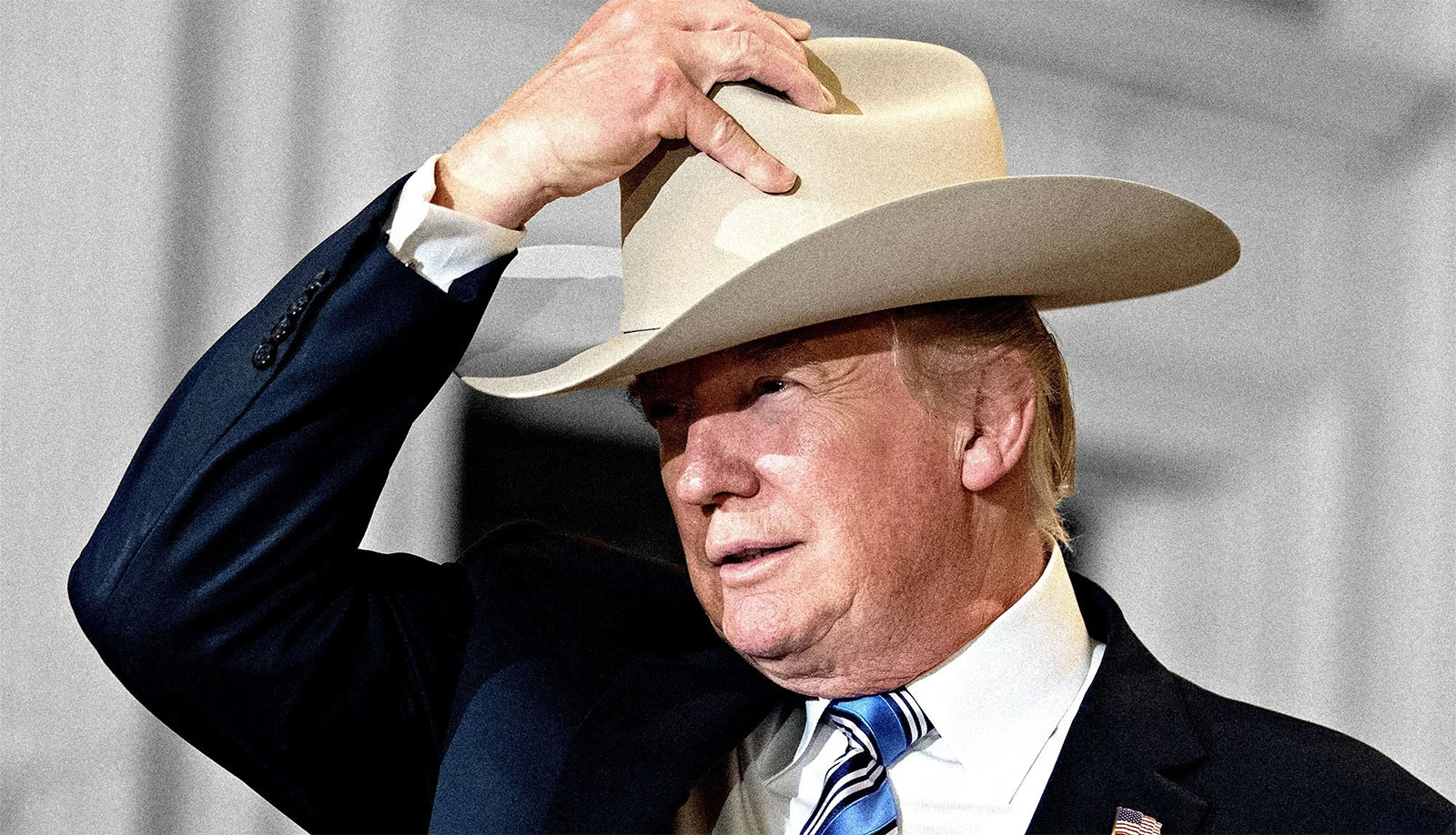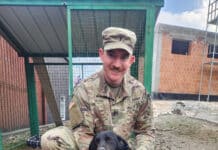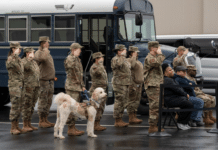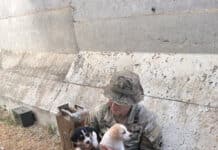WASHINGTON – This week, Caucus Chairman Hakeem Jeffries (D-NY) and Vice-Chair Katherine Clark (D-MA) held the House Democratic leadership’s weekly press conference, where they were joined by House Democratic National Security Task Force Co-Chairs Reps. Xochitl Torres Small (D-NM), Andy Kim (D-NJ) and Jason Crow (D-CO) to outline the need for a coherent plan for the conflict with Iran.

CHAIRMAN JEFFRIES: It’s a very serious time here in America both as it relates to presidential accountability that we continue to address, or perhaps, most importantly, at this moment of great tension and conflict in the world, in the Middle East, in Iraq, with U.S. troops and Americans in harm’s way unnecessarily in the view of many because of the provocative, potentially unlawful actions of the president of the United States with respect to the recent strike.
In our meeting today, we had a very robust discussion as it relates to the moment that we are in, the situation that we confront in the Middle East. We were graced by the presence of Ambassador Wendy Sherman, who was one of the lead negotiators of JCPOA, the Iran Nuclear Agreement that the president’s reckless actions have all but disintegrated, making us less safe here in America and throughout the world. We also heard from Deputy Director Haines as it relates to the underlying legal basis of the president’s actions.
Cowboy diplomacy did not work in Vietnam. Cowboy diplomacy did not work in Iraq. Cowboy diplomacy will not work in Iran.
We are hopeful that the administration will de-escalate this situation and that the president will move forward in a responsible fashion, working with our partners and allies, particularly as it relates to the European Union, to move the world into a better space.
VICE CHAIR CLARK: Let me start by saying that our thoughts and prayers are with American troops and diplomats in Iraq and around the world at this time. Despite what the president has tweeted, all is not well. As the world witnessed last night, the president’s actions last week have set off an avalanche of chaos that endangers our service members, diplomats, the Iraqi people, and Americans. We must commit to de-escalating this crisis in front of us.
To that end, the House plans this week to vote on a war powers resolution to reconfirm Congress’ long-established oversight responsibilities by mandating that if no further congressional action is taken, the administration’s military hostilities with Iran must cease within 30 days.
Our purpose is clear. We stand ready to keep Americans safe and secure and to prevent this from escalating into a war with Iran. While we face turmoil abroad, we also must remain focused on keeping Americans safe at home.
And to do that, we will this week vote on the PFAS Action Act of 2019, which will require that the EPA use tools under several environmental statutes stem the flow of contamination through the cleanup of sites, regulating emissions and prohibiting unsafe incineration. American families deserve and need access to clean water and clean air. And we have seen this administration erode environmental policies and roll back protections. We are not going to stand on the sidelines and let American families suffer.
REP. TORRES SMALL: In the last six days, I have understood the responsibility that Congress has to this country and that I have to my constituents in a way I never could have before.
We know that General Soleimani was a terrorist. We know that he was worse than a terrorist because he had commanded individuals within a nation-state. And because of that gravity, we know that there are severe consequences that must be assessed in the wake of these actions.
The responsibility that we have is to require a strategy moving forward. Because the question we face today is whether the United States’ actions to eliminate General Soleimani puts us at greater threat or could push two countries into a prolonged military conflict. We don’t know what the strategy is. And that’s why we need to gather the information to determine the answer to that question.
- What was the intelligence that led to this action? What was the source for that intelligence?
- How trustworthy was that source in evaluating whether or not there was an imminent threat to America?
- What was the evaluation of the potential repercussions or responses that Iran would have?
- What was the evaluation of potential responses that others in support of Iran would take?
- With 15,000 thousand more troops now on the ground than we had in the region six months ago, what are we sending our troops away from their families for?
These are the questions that we have to have answered.
We have more questions right now than we have answers. We don’t know the strategy and we know that revenge is not a strategy.
REP. KIM: Since the very beginning of this crisis, I’ve really tried to focus in on those Americans that are in harm’s way right now. We definitely need to get the answers that my colleague just talked about.
We definitely need to think through the next steps and the war powers and the legality of it all, but it is just so critically important that we do everything we can to be able to make sure that Americans in harm’s way are safe and that we work together. If ever there is an area where we can all work together right now, that is a place for it.
Beyond where we’re at right now and the imminent, sort of next steps that might arise, what we do know is that there has been lasting damage to our core priorities in the Middle East. The damage that has been done to our fight against ISIS. The damage has been done to our relationship with Iraq. And we know what is at stake right now in terms of those next steps.
Also, the damage that has been done in terms of basically taking off the table any chance for a diplomatic solution to rein in Iran’s nuclear ambitions. These are the things that are also on my mind and we should be thinking through. It can’t just be about this crisis in a vacuum. This is something that is being weighed alongside all the different other priorities that we have.
This administration certainly has a lot to answer for in terms of why they took these decisions that they have and why they were willing to put at risk such core priorities to us, like fighting ISIS and keeping Americans safe.
REP. CROW: There is no doubt that General Soleimani was a bad man. I know that well from personal experience. I know what it’s like to load wounded American soldiers into the back of trucks in Baghdad in the summer of 2003 that were wounded during IED attacks. Many of those IED attacks, orchestrated and trained and equipped by General Soleimani and his forces.
But I also know that a shoot first and ask questions later approach rarely turns out well. And I also know that when politicians talk tough in this town, it’s young men and women, 18, 19, 20-year-old women from my community, from their communities that have to pick up rifles, put on uniforms and go to do the work to back up that tough talk.
So, the question is not whether General Soleimani was a dangerous person. The question facing us here today is whether or not the administration has a plan in place to deal with the consequences of the actions that they took last week.
What I see is a series of actions that have jeopardized our standing in Iraq and the presence of U.S. soldiers in that region, which have undermined our credibility with our NATO allies and increased the risk to U.S. soldiers and troops in the region.
There is a reason why as we sit here right now, there are 7,000 additional troops rushing to reinforce our embassies and our facilities in that region. Our rapid reaction forces. It’s because the threat has increased. There are missiles raining down on our bases in the last 24 hours. All of this is the consequence of the actions last week.
All content herein is owned by author exclusively. Expressed opinions are NOT necessarily the views of VNR, authors, affiliates, advertisers, sponsors, partners, technicians, or VT Network. Some content may be satirical in nature.
All images within are full responsibility of the author and NOT VNR.
Read Full Policy Notice - Comment Policy































